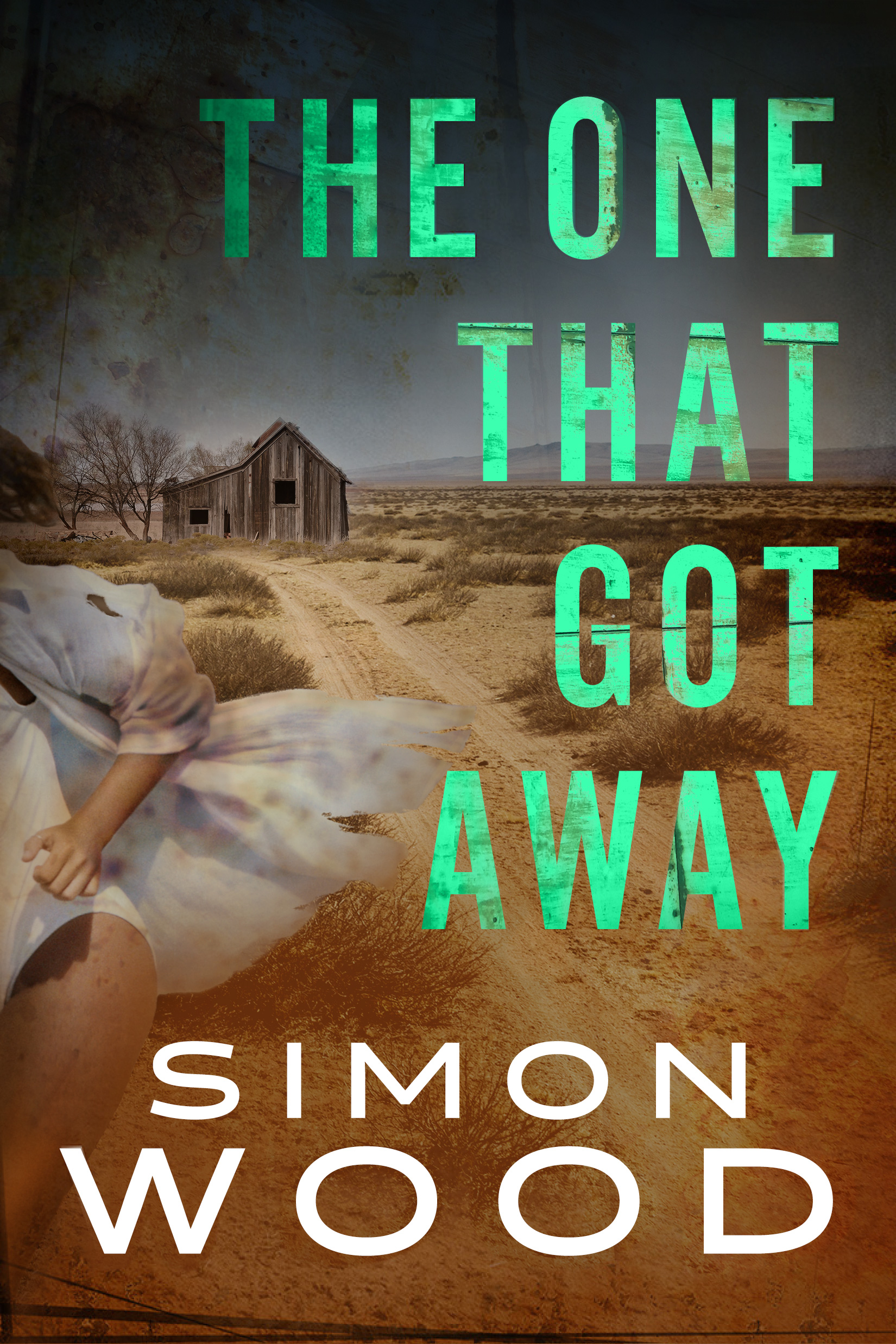 I’m very topic driven when it comes to my books. I latch onto an issue, it becomes the basis of a conflict and a book is born from there. With THE ONE THAT GOT AWAY, survivor guilt was the driving force behind the story. It was a subject that had been in my head for awhile. I had the beginning of the story—two women are abducted and one of the women is given an unenviable decision—attempt a futile rescue or leave her friend in order to escape. My heroine in this case, Zoë Sutton, weighs up the odds and runs, but her life is forever tarnished by that selfish, yet logical decision.
I’m very topic driven when it comes to my books. I latch onto an issue, it becomes the basis of a conflict and a book is born from there. With THE ONE THAT GOT AWAY, survivor guilt was the driving force behind the story. It was a subject that had been in my head for awhile. I had the beginning of the story—two women are abducted and one of the women is given an unenviable decision—attempt a futile rescue or leave her friend in order to escape. My heroine in this case, Zoë Sutton, weighs up the odds and runs, but her life is forever tarnished by that selfish, yet logical decision.
That was the crux of the story, but I had to decide where to go from there. I knew little about the topic of survivor guilt, but at the time I was under the care of a neuropsychologist for a head injury and subsequent memory loss after crashing on my bike. I mentioned that I wanted to talk to someone about survivor guilt.
“Go to the VA.”
“But the book isn’t about soldiers.”
“Doesn’t matter. If you want to learn about post traumatic stress disorder, then go to the VA.”
I was introduced to a psychologist who counseled veterans of various conflicts going all the way back to Vietnam. I outlined the basic premise of the book and opened with a question that outlined my basic ignorance and sat back and listened. The great beauty about in-person interviews is that I don’t have any idea where they’ll go, other than nowhere where I thought.
I thought I had an idea of what survivor guilt and PTSD were but it was a good example of an outsider’s perspective. Our long and lengthy discussions got into the meat of the subject. Some of the common afflictions affecting people include sobriety, impulse behavior, isolationism, arrogance, and contempt to name a few. I’ve attempted to incorporate these behaviors into Zoë’s character which also helped drive the plot.
As I tried to absorb this information, I couldn’t help but marvel at this condition where people feel shame for surviving. You fight for your life and win, but your mind discounts the win and obsesses on the loss. The survivor takes on the emotional weight and responsibility for those who didn’t make it and it’s just too big a burden for him/her to bear. The result is that the survivor drives themselves to destruction either directly by throwing themselves into similar conflicts or indirectly through substance abuse and depression. This has to be the most paradoxical illness on the books.
But it’s this paradoxical thinking is what drew me to write about the topic. Ten years ago I was undergoing first responder disaster training. One of the modules dealt with the psychological effects of rescuing the dead and dying; making life and death decisions for total strangers. Then they told us the suicide rate for first responders and it was quite scary. A friend of mine who is both an author and veteran recently posted a stat about returning veterans from Iraq and Afghanistan. Almost four times as many veterans have taken their lives since coming home than those who died in battle. There’s not a lot I can say to that other than we’re strange and complex creatures who don’t always make sense.
I hope with THE ONE THAT GOT AWAY I’ve made an entertaining read but at the same time, I’ve shined a light on a subject that most of us aren’t really cognizant of. If you read the book, I encourage you to let me know what you think.

